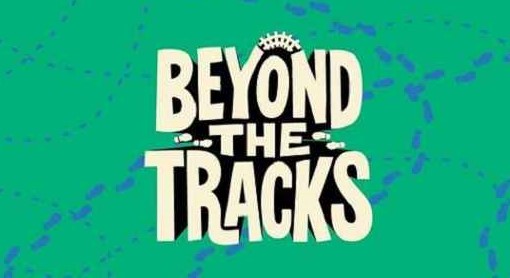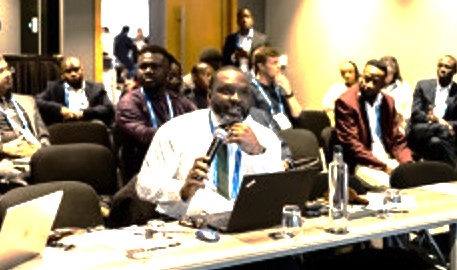Fake news remains one of the greatest challenges for a democratic society with two thirds of people in the UK (65%) saying they are worried about disinformation and how it affects democracy.
Furthermore, one in two (45%) people are concerned about fake news in other countries and its impact on democracy globally, shows the research by Readly digital magazine and newspaper app. The main challenges people believe fake news brings is a threat to national security and confusion over global health issues.
Half of people (47%) said that overseas fake news can impact national security and 44 percent were concerned whether the information they find online about global health issues is real or fake, showed the research of 1,000 adults.
Chris Couchman, Head of Content at Readly, says: “When trust erodes, uncertainty grows – and that makes societies more vulnerable to targeted disinformation.
“But research shows that people want trustworthy information and they are actively seeking it. The data underlines the essential role that editorial teams play in countering disinformation.
“All the more important to strengthen journalism – and make trustworthy formats more visible.” The research shows that many people are searching for reliable information and orientation in an increasingly complex media landscape.
Nine in ten people (89%) said it is very or somewhat important to them that they can access news and articles from trusted publishers for qualitative investigative journalism and fact-checking. At the same time, a third of people (32%) feel overwhelmed daily by the amount of negative news and 31% are choosing to read lighter content, for example celebrity news, lifestyle features and entertainment, to balance the impact of negative news.
Almost half of people (44%) said they have taken a conscious break from following the news – not out of apathy, but due to a desire for clarity and manageability. The research highlights a double challenge: a population with high expectations for information, facing a shrinking infrastructure for verifying facts.
Platforms are scaling back their fact-checking programs and many newsrooms are forced to cut verification resources due to financial pressures. “Fact-checking is essential in the fight against disinformation – yet it is being scaled back in many places,” Chris adds.
“The reasons are economic; the consequences are societal. Education, journalism and digital platforms must take joint responsibility – only then can we rebuild long-term trust.”
The Readly website accesses over 8,000 digital magazines and newspapers from verified, trusted publishers.











